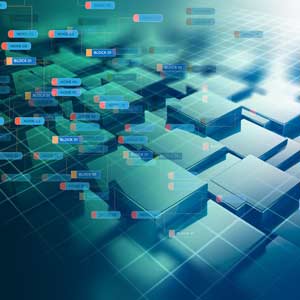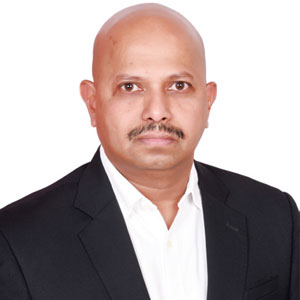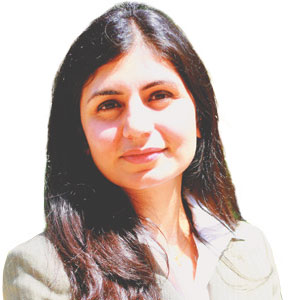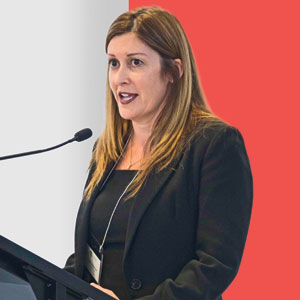THANK YOU FOR SUBSCRIBING

Fishing for the Future - How One of the World's Oldest Industries is Embracing Technology for Sustainability
Dr. Darian Mcbain, Global Director of Sustainable Development, Thai Union

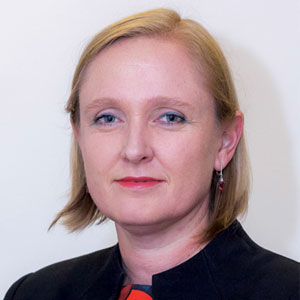
Dr. Darian Mcbain, Global Director of Sustainable Development, Thai Union
Sustainable and ethical food production has never been more at the top of the consumers agenda. In fact, according to a Marine Stewardship Council (MSC) study in the United Kingdom, 72% of seafood consumers choose brands based on sustainability over price. This means companies must meet the highest consumer and ethical standards, as well as regulations. They must be responsible corporate citizens to keep consumers happy, as well as the retailers that answer to them.
This represents both a challenge and opportunity. Companies that don’t meet consumers’ standards will lose revenue. However, those companies that can make meaningful and measurable progress towards sustainability can enhance customer loyalty. The alignment of consumers’ and brands’ values is a defining feature of modern consumption. Companies must respond, especially in seafood, an enormous business which has grown 90% over the last 50 years with no signs of slowing.
Traceability is the backbone of sustainable seafood. Consumers want to know where their fish has come from to ensure it has been legally taken from sustainable fisheries. There is a need to collect and share this data in a readable, accessible format.
Blockchain technology is set to revolutionize supply chain management, and the complex seafood supply chain is an excellent starting place. An example is Fishcoin, a data ecosystem powered by blockchain and designed to establish a virtuous cycle of data collection and use. Fishcoin matches each transaction of seafood for fiat currency with a transaction of data for Fishcoin tokens. These tokens can then be exchanged by fishers and vessel owners for mobile phone top-ups—particularly useful in developing countries where mobile data fees are often highly inflated.
Governments are also partnering with the corporate sector. For example, the company involved in Fishcoin— Eachmile—worked with the US State Department to develop mFish—a mobile application allowing producers in developing countries to digitally log their harvest. This technology provides authorities with instantaneous data on catches, which can be communicated through FishTrax, a scannable trace code attached to each fish providing details of the journey all the way from catch to consumption.
While we may still have a romantic image of hardy sailors struggling against the mighty seas using methods that have been around for centuries, the reality is much different. In fact, in their efforts to fulfil their responsibilities to their communities and the world, as well as respond to a very real financial pressure from consumers, the world’s seafood companies are at the forefront of sustainable technology innovation. As new and exciting technologies such as the blockchain, e-observers and digital data capture continue to be developed, the seafood industry is leading the way and is ready to adapt to keep the food on our plates ethically-sourced and sustainable for years to come.





